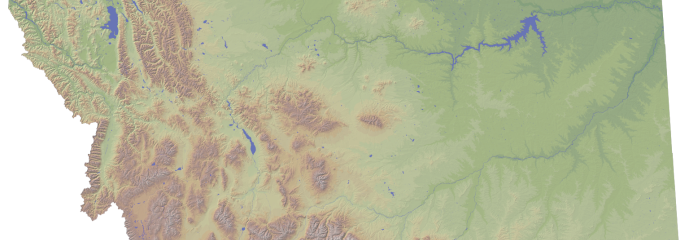Project Overview

Water availability, soil health, and ecosystem services such as wildlife habitat, water filtration, and carbon sequestration enhance the potential for both agricultural productivity and sustainability of human communities. Managing for these elements simultaneously is an increasing challenge across U.S. agricultural landscapes. Although ecologists and agricultural scientists have made substantial progress in determining best practices to maximize both commodity production and retention of the health of associated ecosystems, efforts are also needed to identify and quantify the societal elements that support productive agriculture and community sustainability. Restoring or transforming severely degraded agricultural landscapes often requires more than a single policy change or intensified management practices alone. This fellowship addresses this need through a highly interdisciplinary study involving the development of an innovative, statistical approach for analyzing and generating insights from combined sets of social and ecological data on U.S. agricultural landscapes. The fellowship enables the PI, a social scientist from the University of Montana, to partner with ecologists at the University of Nebraska-Lincoln to develop a statistical method for identifying evidence of discrete social and ecological transitions that have occurred in the Middle Platte River watershed of central Nebraska since the Dust Bowl era of the 1930s. This analysis will be applied to distinguish specific policy mechanisms that could be employed to improve degraded agricultural systems through landscape-scale improvements in ecosystem health. This research and the associated partnerships will directly support interdisciplinary graduate education as well as provide a statistical analysis tool designed to overcome persistent disciplinary barriers to data integration between ecological and social scientists.